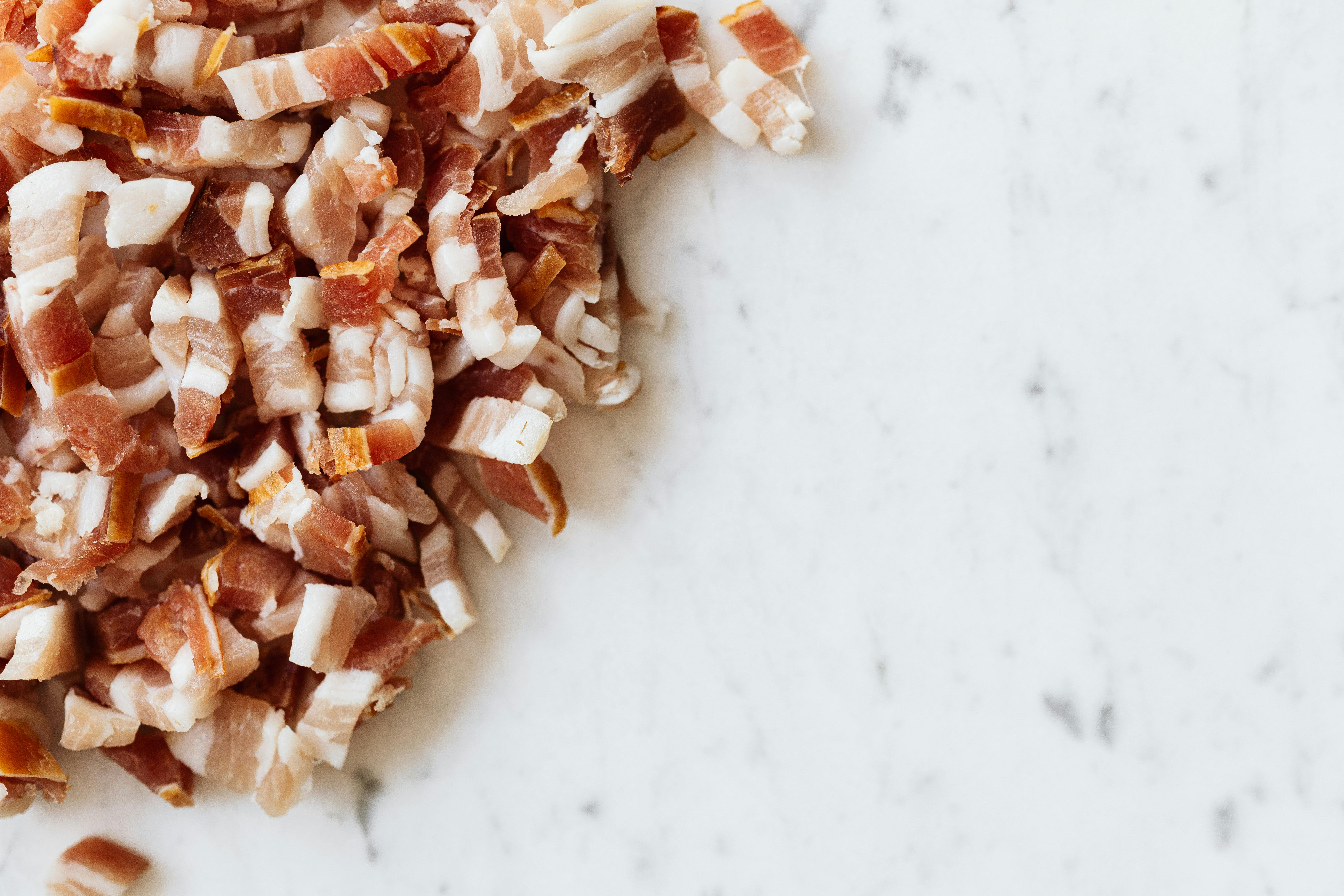Somehow I never got a chance to read this classic tale in its original format written by Hans Christian Andersen. I’ve read short stories based on his book and never cared for the story, apart from the fact that it provided an interesting concept to debate.
The plot of the story goes something like this: our hero is born very ugly in the midst of three other beautiful ducklings. And from there it takes off and degenerates into a story of violence so explicit that it took me completely by surprise. All because the duckling is big and ugly and not soft and cuddly! If it had been more along the lines of the duckling being interrupted because he looked different and bigger then it might have been an interesting read, but being singled out as saying you look ugly smacks of prejudice and bigotry. Those were always my thoughts whenever I came across the phrase ‘ugly duckling’.
Last night I had the (mis)fortune to find a free version of this book on my Kindle. I thought this would be a great bedtime story for my 7 and 5 year olds. I was wrong! The story was so violent that halfway through the book I had to stop reading it aloud to the children. I continued to be mesmerized that a children’s fairy tale could have so much bullying, suffering, and extreme torture built into it. Like the fate of the poor ugly ducklings, the book is plagued by an extreme intolerance towards people who are labeled ugly because they don’t possess the qualifications to be conventionally beautiful.
Wherever the duckling goes, misfortune follows. He is bitten, cut, cursed, abused, physically abused, kicked out and I could go on but I don’t want to scare my little readers and I will end by saying that this little duckling survives it all and gets depressed and falls into self-pity and self-loathing. Yeah, I’m also surprised that this is supposed to be a children’s book by a famous author.
Wikipedia has to say this about this literary work: “The Ugly Duckling” (Danish: Den grimme ælling) is a literary fairy tale by the Danish poet and author Hans Christian Andersen (1805 – 1875). The story tells of a small homely bird born in a farmyard who is abused by those around him until, to his delight (and to the surprise of others), he matures into a beautiful swan, the most beautiful bird of all.[1] “The Ugly Duckling” was first published on November 11, 1843 with three other Andersen stories in Copenhagen, Denmark, to critical acclaim. The tale has been adapted into various media, including opera, musicals, and animated films. The tale is entirely Andersen’s invention and owes no debt to fairies or folklore.”
I am impressed reading that this is the case. Perhaps Andersen could have built something into the character of the duckling that allowed him to make the journey of transformation. Instead, he just cries and wails until he emerges as a swan. How would he have survived if he hadn’t been a swan and was exactly what he was? Very discouraging concept indeed!
How this ugly story of a little boy who finds himself in the wrong place through no fault of his own and just goes with the flow of things wishing he was dead every day could have garnered so many positive reviews is beyond me.
(Spoiler alert!) The question I would have asked Andersen would be, what if he hadn’t turned into a swan at the end? Would that mean he would have been doomed forever and would just kill himself or accept the abuse the world was throwing at him? I would have liked to see more courage from the duckling. I know he had spirit in him when he goes against the authority of the Chicken and the Cat and argues with them about how nice it is to go out instead of being cooped up in the house. I have to give it to Andersen, he manages to elicit a few laughs with his macho writing. An example of this is when the hen responds to the duckling about his fanciful ideas of swimming in open water:
“What an absurd idea! You have nothing else to do, therefore you have silly fantasies. If you could purr or lay eggs, they would die!”
I’m tempted to drop my case here, but there are a few other gems like these that need citing.
Andersen’s prejudice towards the fairer sex shines through when another mother duckling says of his supposed poor appearance: “He’s a duck and therefore doesn’t matter that much. I think he’ll grow up strong and able to take care of himself!” wow! Good to hear that he would have been the end of the poor man if he had been a lady. I guess he should consider himself lucky.
Another good one is when the duckling lands in the middle of the wild ducks, hoping to be accepted as one of their own, and this is what one of them has to say to him: “You’re extremely ugly, but it won’t matter if you don’t.” I want to marry someone in our family!” One sentence has so much bias against so many things and that pretty much sums up the whole tone of this book.
I can’t finish without quoting the end of the book. (Spoiler alert again)
After discovering that he had gone from being an ugly duckling to the most beautiful swan you have ever seen, our hero “was happy to have suffered sorrows and problems, because that allowed him to enjoy all the pleasure and happiness that surrounded him much better. “. How noble of him!
What a boring and embarrassing book. Read it, but please not with children. It is definitely not for them.
